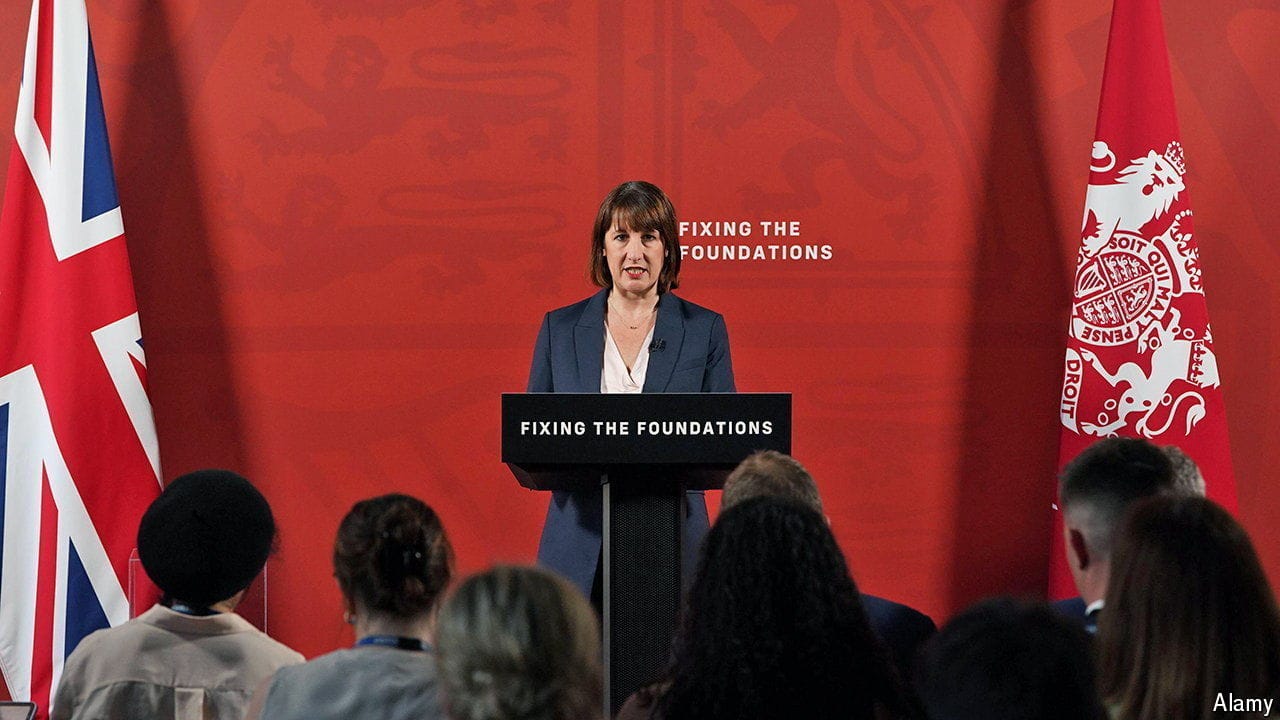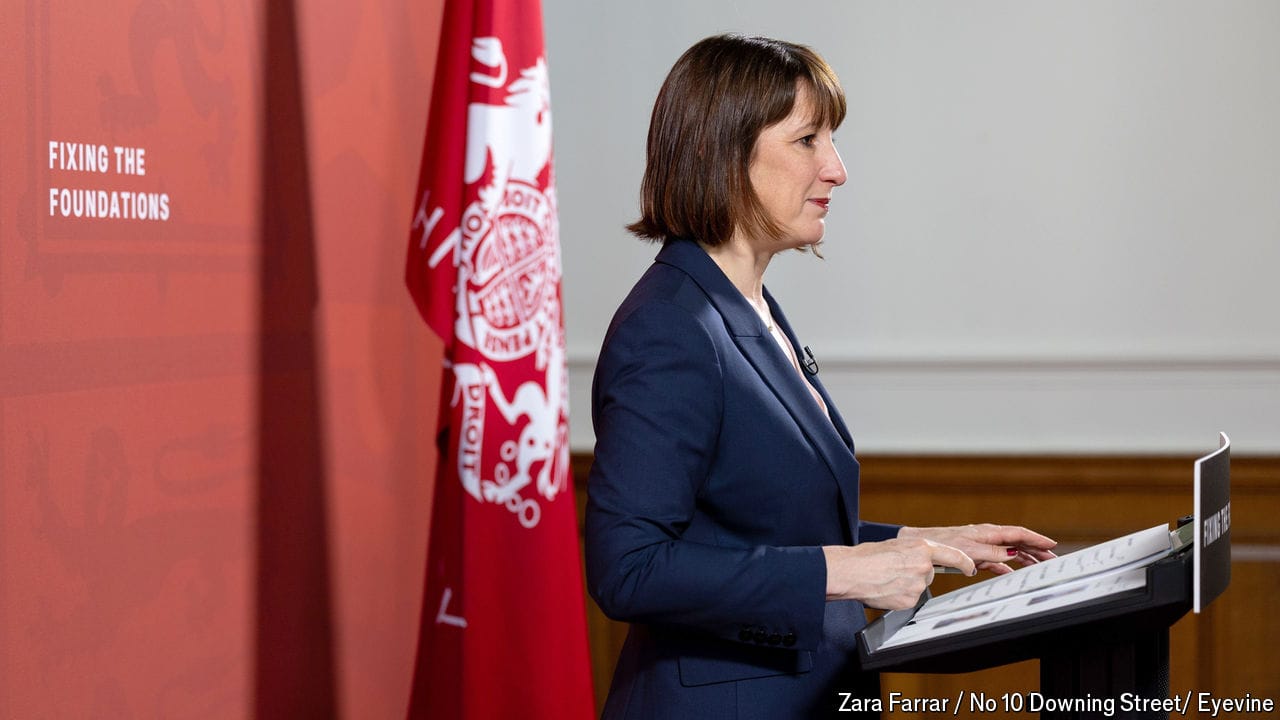Climate change casts a shadow over Britain’s biggest food export
Scottish salmon farms endure a rising mortality rate

Spend time on the west coast of Scotland and it won’t be long before you spot them. Dotting the region’s lochs and bays, salmon farms are big business. Tourists and locals grumble that they spoil the views. But according to the Scottish government, the industry is worth more than £1bn ($1.3bn) annually and supports around 12,000 jobs. Last year salmon—almost all of it reared in Scotland—was Britain’s biggest food export, well ahead of cheddar and lamb.
Sir James Maitland, the eccentric owner of a Victorian hatchery in Stirlingshire, was probably the first Scot to breed the fish in captivity. (His recommended diet for salmon fry—horse meat and eggs—did not catch on.) But the industry took off only in recent decades. Technology from Norway, where the business was pioneered, combined with investment from Unilever, a consumer-goods firm, to yield Scotland’s first salmon harvest in 1971. Production has exploded. In 2016 Scotland produced twice as much salmon as it did in 1996; the brand has cachet worldwide.
Explore more
This article appeared in the Britain section of the print edition under the headline “Death and salmon”
Britain June 22nd 2024
- Britain’s Conservatives rule the Thames Estuary. Not for long
- What taxes might Labour raise?
- Child poverty will be a test of Labour’s fiscal prudence
- Climate change casts a shadow over Britain’s biggest food export
- Jeremy Corbyn wants more nice things, fewer nasty ones
- The silence of the bedpans
- Britain’s Conservatives are losing as they governed. Meekly
More from Britain

The race to become leader of Britain’s Conservatives
An exhausted party seems to think that it doesn’t have to change

How deep is Britain’s fiscal “black hole”?
Rachel Reeves sets out her first big decisions as chancellor
Shabana Mahmood, Britain’s new Lord Chancellor
The new justice secretary is both progressive and religious
How King Charles III counts his swans
A ritual that pleases conservationists and annoys the birds
Britain’s army chief fears war may come sooner than anyone thinks
Could the army cope without more money and troops?

